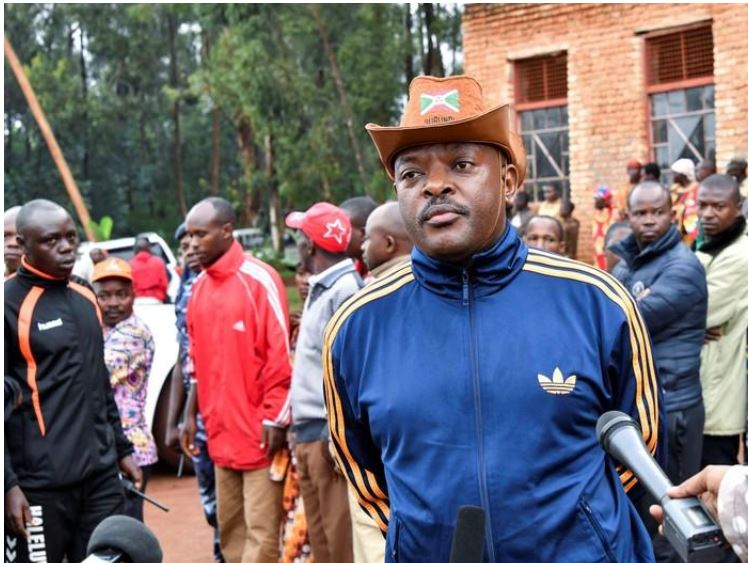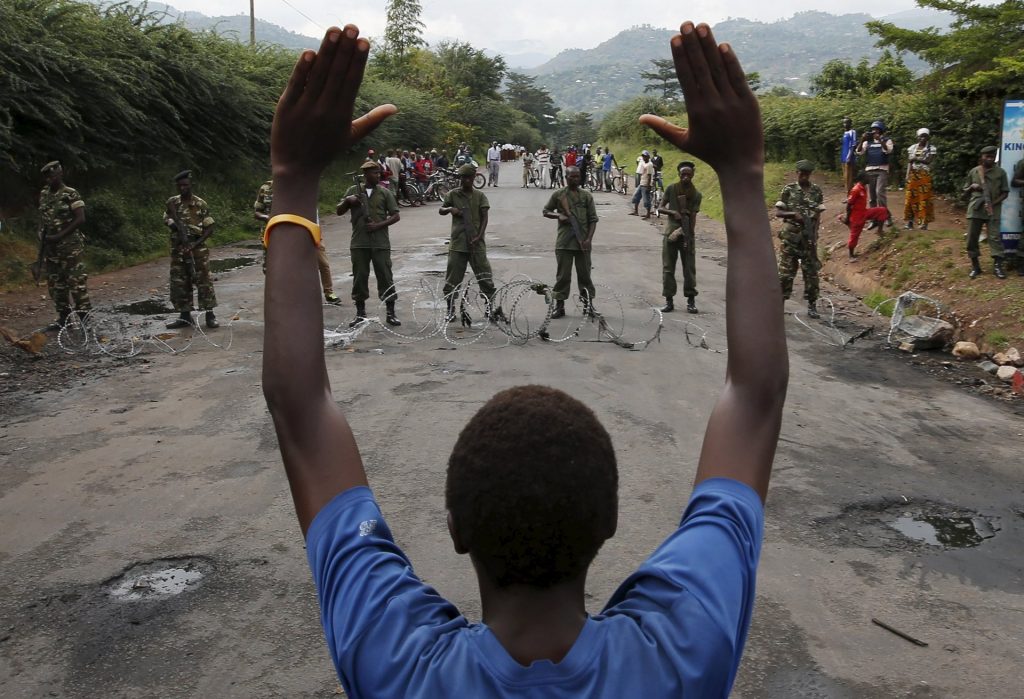Activists are calling on the Burundi government to free three schoolgirls jailed on Thursday for allegedly defacing President Pierre Nkurunziza’s photograph.
Yves Ishimwe, a member of the National Federation of Associations Engaged in Children’s Welfare (Fenadeb), said: “We call on the government to release the children, and if it is punishment let them be punished according to the school rules and regulations.”
The students were detained at Ngozi prison in the north while awaiting the findings of an investigation, after being accused of scribbling on the president’s picture in their schoolbooks.
When the minors were brought before the public prosecutor in Kirundo Province, a 13-year-old boy was released as he is below the age of criminal responsibility. Six girls had been taken to a local police station from where three were released.
The other three, aged 15, 16 and 17, remained in jail over the weekend. If found guilty of insulting the head of state, they could spend up to five years in prison.
Central Africa Human Rights Watch director Lewis Mudge said that authorities should focus on holding perpetrators of serious rights violations to account instead of jailing schoolchildren for doodling on books.
“With so many real crimes being committed in Burundi, it’s a tragic that children are the ones being prosecuted for harmless scribbles,” he said.

This is not the first time that school administrators and authorities have cracked down on students.
In 2016, Burundian intelligence agents arrested eight secondary school students accused of insulting the head of state by drawing and writing phrases like “Get out” or “No to the 3rd term” on a picture of President Nkurunziza on a textbook.
This comes a week after the UN Commission of Inquiry in Burundi noted gross human-rights violations by the security forces and the ruling party youth wing Imbonerakure.
The commission warned that there could be human-rights violations before and during the 2020 general election.
“There is a need for the government to co-operate with the commission in order to guarantee freedom of expression, press and campaigns,” said Lucy Asuagbo, a member of the commission of inquiry on Burundi.

